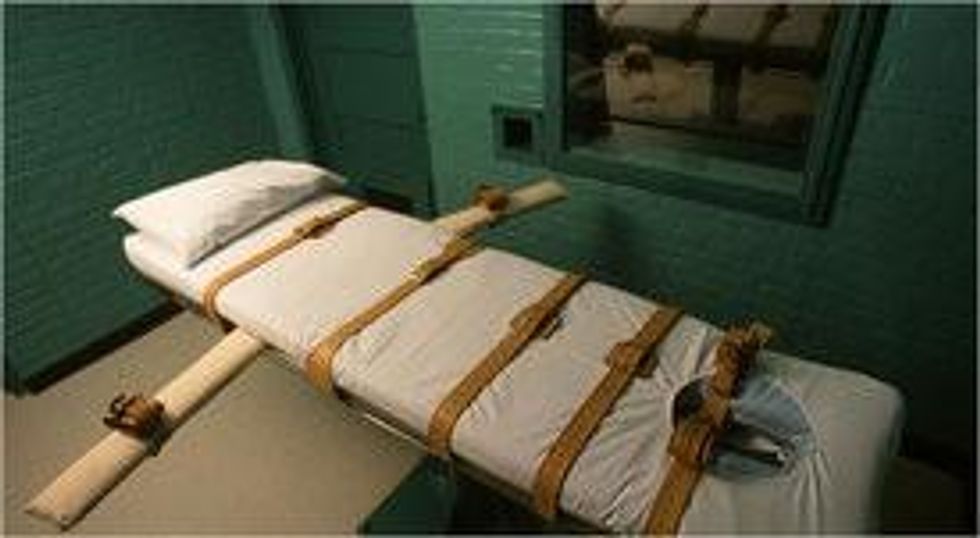Why Japan and US Should Eliminate the Death Penalty
Japan's decision to hang three prisoners after nearly two years without executions has be
To donate by check, phone, or other method, see our More Ways to Give page.
Japan's decision to hang three prisoners after nearly two years without executions has be
Japan's decision to hang three prisoners after nearly two years without executions has been severely criticized by Amnesty International, which calls it a "retrograde step." Justice Minister Toshio Ogawa authorized the executions of three men, stating that this was his "duty" as Minister. "Justifying acts which violate human rights as a 'Minister's duty' is unacceptable. Rather, it is the responsibility of leaders to address crime without resorting to the ultimate cruel, inhuman and degrading punishment," said Catherine Baber, Amnesty International's Asia-Pacific Deputy Director.

Common Dreams is powered by optimists who believe in the power of informed and engaged citizens to ignite and enact change to make the world a better place. We're hundreds of thousands strong, but every single supporter makes the difference. Your contribution supports this bold media model—free, independent, and dedicated to reporting the facts every day. Stand with us in the fight for economic equality, social justice, human rights, and a more sustainable future. As a people-powered nonprofit news outlet, we cover the issues the corporate media never will. Join with us today! |
Japan's decision to hang three prisoners after nearly two years without executions has been severely criticized by Amnesty International, which calls it a "retrograde step." Justice Minister Toshio Ogawa authorized the executions of three men, stating that this was his "duty" as Minister. "Justifying acts which violate human rights as a 'Minister's duty' is unacceptable. Rather, it is the responsibility of leaders to address crime without resorting to the ultimate cruel, inhuman and degrading punishment," said Catherine Baber, Amnesty International's Asia-Pacific Deputy Director.

Japan's decision to hang three prisoners after nearly two years without executions has been severely criticized by Amnesty International, which calls it a "retrograde step." Justice Minister Toshio Ogawa authorized the executions of three men, stating that this was his "duty" as Minister. "Justifying acts which violate human rights as a 'Minister's duty' is unacceptable. Rather, it is the responsibility of leaders to address crime without resorting to the ultimate cruel, inhuman and degrading punishment," said Catherine Baber, Amnesty International's Asia-Pacific Deputy Director.
